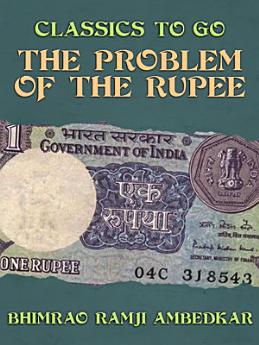The Problem Of The Rupee
Tungkol sa ebook na ito
Mga rating at review
Tungkol sa may-akda
Bhimrao Ramji Ambedkar; 14 April 1891 – 6 December 1956), venerated as Babasaheb ([bʌbəsɑheb]), was an Indian jurist, economist, politician and social reformer, who inspired the Dalit Buddhist movement and campaigned against social discrimination towards the untouchables (Dalits). He was British India's Minister of Labour in Viceroy's Executive Council, Chairman of the Constituent Drafting committee, independent India's first Minister of Law and Justice, and considered the chief architect of the Constitution of India. Ambedkar was a prolific student, earning doctorates in economics from both Columbia University and the London School of Economics, gaining reputation as a scholar for his research in law, economics and political science. In his early career, he was an economist, professor, and lawyer. His later life was marked by his political activities; he became involved in campaigning and negotiations for India's independence, publishing journals, advocating political rights and social freedom for Dalits, and contributing significantly to the establishment of the state of India. In 1956, he converted to Buddhism, initiating mass conversions of Dalits. In 1990, the Bharat Ratna, India's highest civilian award, was posthumously conferred upon Ambedkar. Ambedkar's legacy includes numerous memorials and depictions in popular culture.








